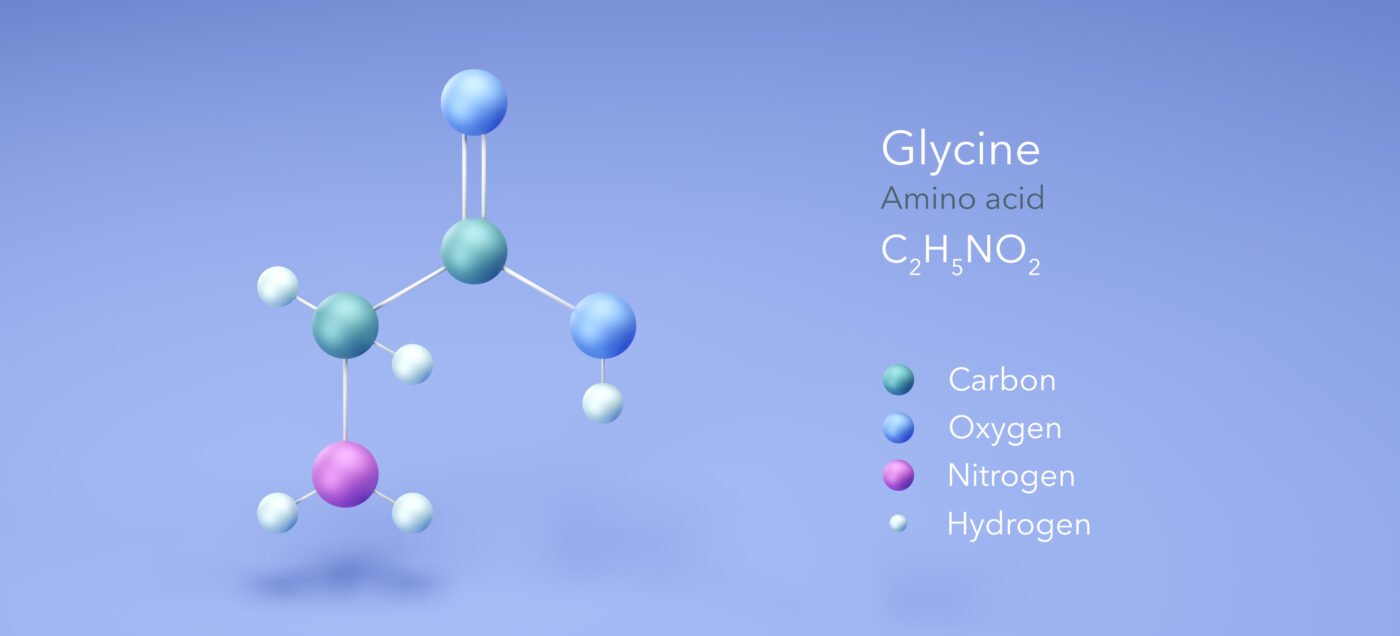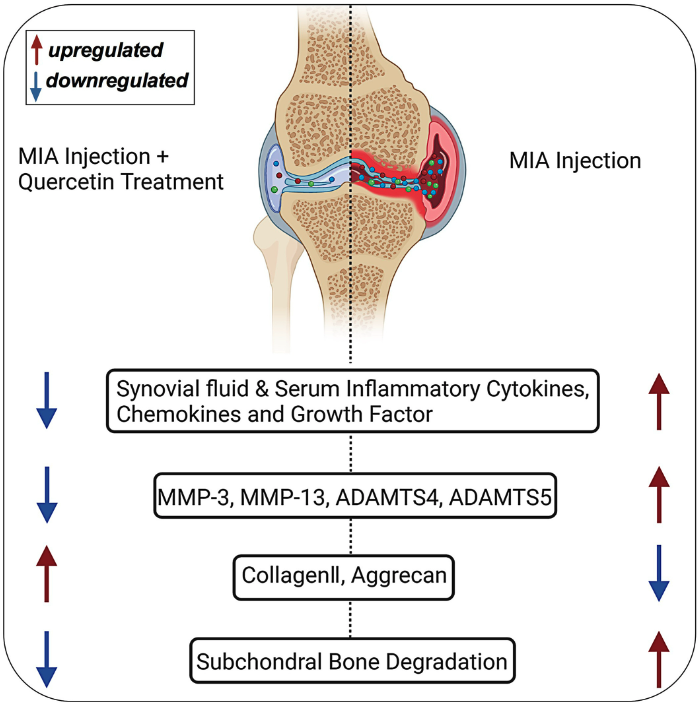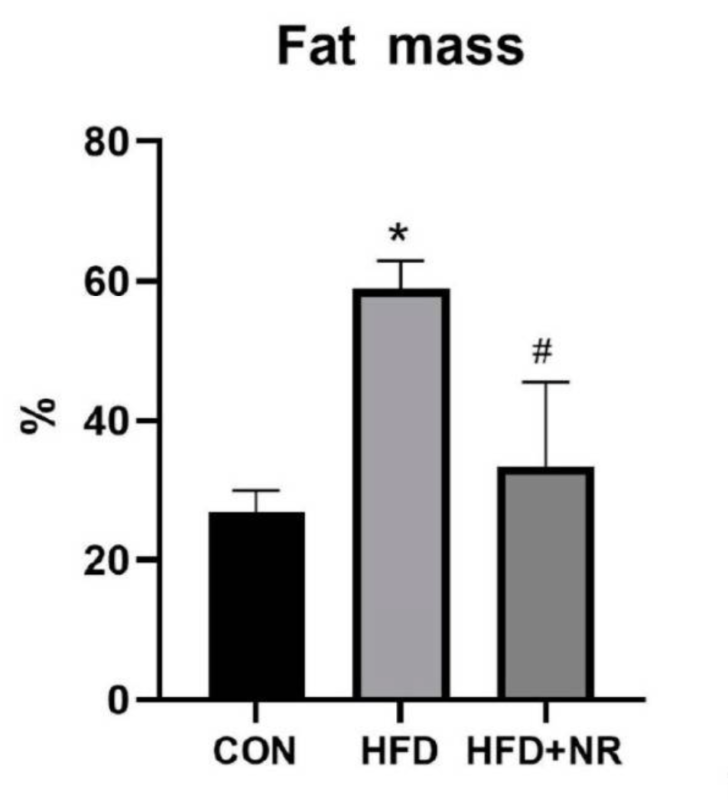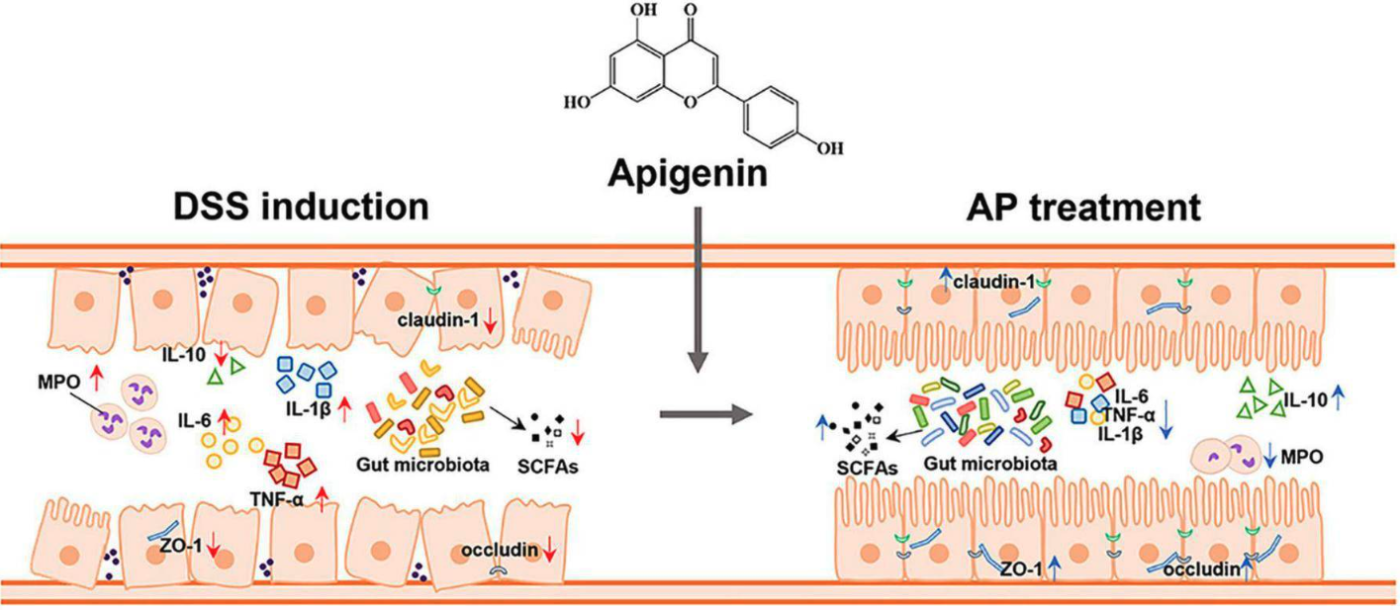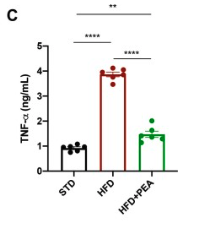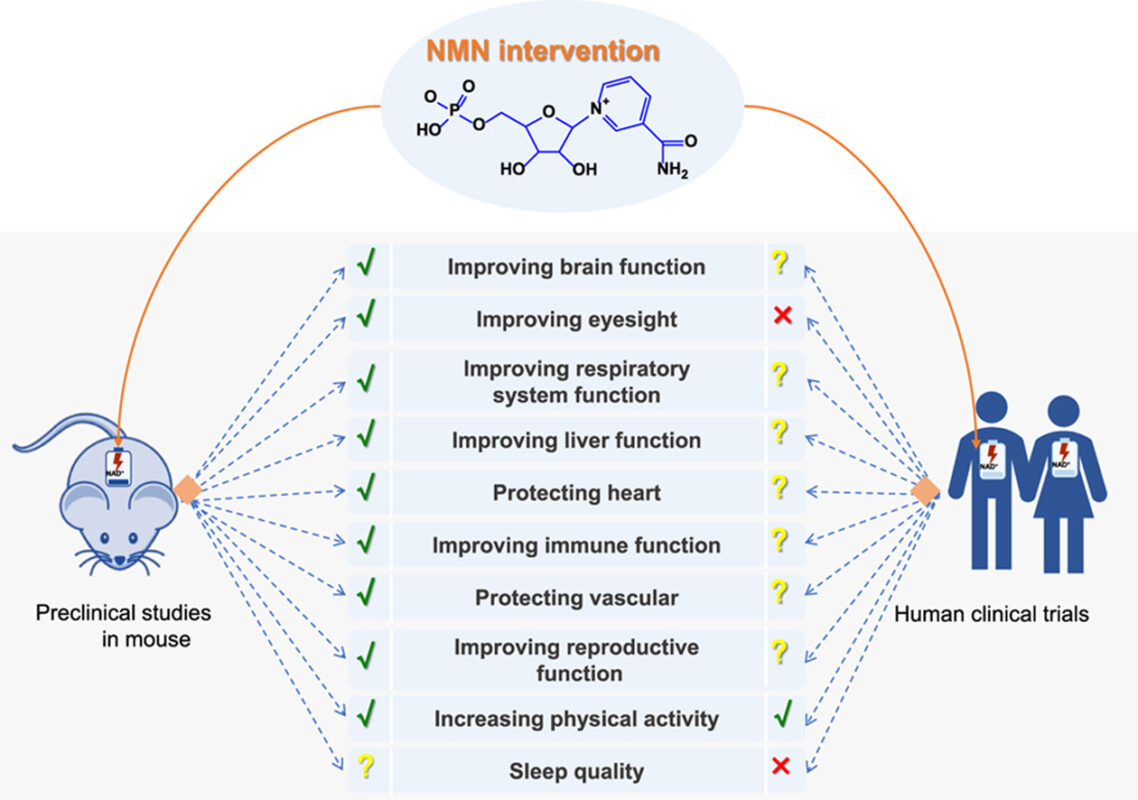Category Archives: Metabolic Health
Glycine is a non-essential amino acid that is nonetheless necessary for many health-promoting metabolic processes. It is an integral part of protiens made inside the body, a precursor for important biomolecules like glutathione and creatine, and acts as an inhibitory (calming) neurotransmitter in the central nervous system. Research strongly supports glycine’s potential to protect health […]
Hesperidin is a flavonoid, a type of plant compound that has been shown to have a wide range of health benefits. It is found primarily in citrus fruits, such as oranges, lemons, grapefruit, and limes. Hesperidin exhibits anti-inflammatory and antioxidant activity, protecting cells from two key contributors to the onset of age-related and chronic diseases: inflammation and oxidative stress.
Modern research supports the traditional uses of Ashwaganda, showing it may help reduce stress, anxiety, fatigue, improve cognitive function, boost the immune system, and help manage blood sugar levels.
This study showed that Quercetin protected rats with osteoarthritis against bone and cartilage damage by reducing inflammation and modulating levels of proteins associated with cartilage health.
5-hydroxytryptophan (5-HTP) is a natural substance that the body makes to produce serotonin, a neurotransmitter that helps regulate mood, sleep, appetite, and pain.
Supplementation with 5-HTP has shown to increase levels of serotonin in the body, which has potential benefits for a number of conditions.
This study showed that NR supplementation protected mice from HFD-induced metabolic dysfunction, specifically through protecting mitochondrial function in the skeletal muscle.
This study examined the effects of Apigenin on inflammation, gut barrier integrity, and the gut microbiome in mice with ulcerative colitis (UC).
More than 240 clinical trials have been conducted to understand the potential health effects of Resveratrol. Evidence suggests Resveratrol may enhance longevity, heart health, glucose and fat metabolism, and bone health.
This study showed that P.E.A. protected mice from HFD-induced anxiety-like behavior and inflammation. “As our data demonstrated, the blunted synthesis of pro-inflammatory cytokines by PEA can stop this vicious cycle among brain immune cells, limiting the progression of enduring neuroinflammation.”
A clinical trial examined Coenzyme Q10’s (CoQ10’s) effects on episodic migraines in women, finding significant reductions in migraine frequency, duration, severity. CoQ10 also reduced the levels of TNF-ɑ and CGRP, a peptide linked to migraines that promotes inflammation and pain signaling.
Resveratrol supplementation effectively protected mice against age-related muscle mass loss, heart cell enlargement, and motor dysfunction.


